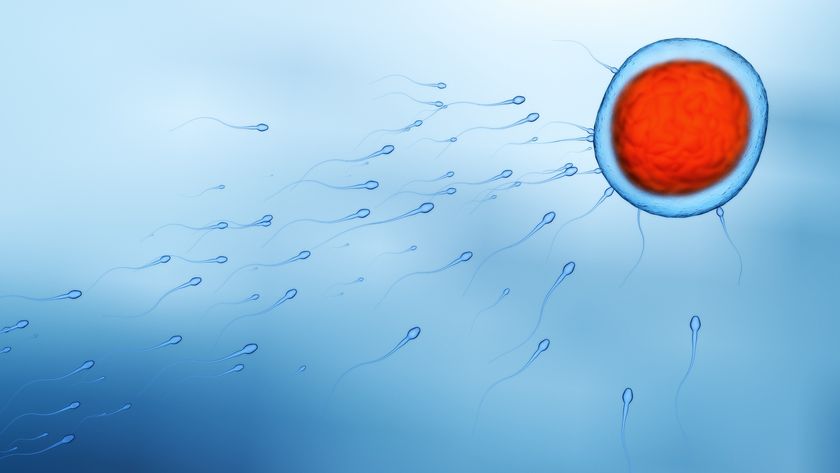When 'Friends with Benefits' Turns Costly

Hookups, one-night stands, friends with benefits — these new types of noncommittal sexual relationships have been popping up in movies, TV shows and the everyday lives of young adults with greater frequency than ever before, scientists say.
A problem with the arrangement happens when one person "catches feelings," researchers find in two new studies, supporting what's been shown on the big screen in 2010's "No Strings Attached" and the newly released "Friends With Benefits."
"For many people there are advantages and benefits for a friends-with-benefits relationship," said study researcher Rebecca Plante of Ithaca College. "But ultimately people want something different. They think they will do better and feel better in a relationship that has more obvious social context and social structure." [8 Ways to Ruin Your Relationship]
Studying sexuality
Plante draws her conclusions from two studies: The first is a large survey of more than 14,000 college students ages 18 to 27, about 66 percent female and 75 percent white. The study sample isn't an accurate representation of the nation as a whole, but many conclusions can still be drawn from it, especially about college students and their relationships, Plante said.
Two-thirds of the participants in the study said they had "hooked up" with someone at some point, though they were allowed to draw their own definitions of hooking up — which in different cultures and age groups can be anything from kissing to casual anonymous sex, she said. About one-third of the respondents said their hookup included vaginal intercourse.
While the survey asked about relationships and sexual experience, it wasn't able to assess the reasoning behind these students' actions. In a second survey, of about 120 college students, Plante's team asked them to discuss at length their hookups and other sexual relationships and desires. The researchers drew conclusions from themes that showed up in the surveys.
Sign up for the Live Science daily newsletter now
Get the world’s most fascinating discoveries delivered straight to your inbox.
In thinking back over these interviews, Plante said about two-thirds of the relationships involved "catching feelings," implying that one or both participants wanted something besides a friends-with-benefits situation, which ultimately led to the relationships' demise.
Real relationships
"There are competing narratives that we have for what we say about relationships: We say, 'friends with benefits, this will be easy, this will be uncomplicated, we will have no emotions and no commitments,' when the reality is very different," Plante said. "We have this hopeful naive way of trying to think this friends-with-benefits thing isn't actually a relationship."
Though these relationships are purportedly without feelings, such a thing isn't actually possible, or enjoyable. "Sex without emotions, that's robot sex, that's like sex with a dead person," Plante said.
Many participants seemed to think that "real relationships" take too much time and work to be worth it at this point in their lives. Most, about 89 percent, do want commitment, marriage and children in their futures, but not now. The students also said that these low-commitment relationships let them browse for the type of person and relationship they like so they're ready when they do start looking for a commitment.
"Friends with benefits can be a really creative and adaptive way [for a person] to understand themselves and what it's like to relate to another person," Plante said. "One of the things we find that most of the people who have friends with benefits relationships, is that at some point it becomes friends with costs instead."
You can follow LiveScience staff writer Jennifer Welsh on Twitter @microbelover. Follow LiveScience for the latest in science news and discoveries on Twitter @livescience and on Facebook.
Jennifer Welsh is a Connecticut-based science writer and editor and a regular contributor to Live Science. She also has several years of bench work in cancer research and anti-viral drug discovery under her belt. She has previously written for Science News, VerywellHealth, The Scientist, Discover Magazine, WIRED Science, and Business Insider.













